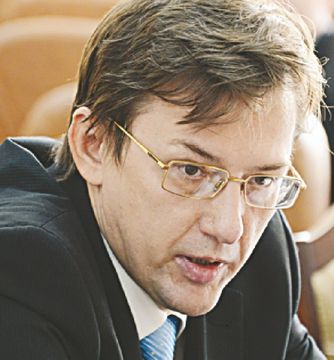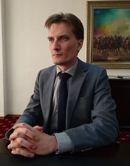The fall in global commodity prices has significantly complicated the situation in the financial sector of Kazakhstan at all levels – from the deterioration of the financial state of enterprises to aggregative macroeconomic indicators. The manifestation of problems began in 2014, at the end of which there was a drop in oil prices, and gained its momentum in 2015, during which oil prices continued to fall, which was reflected first on macroeconomic indicators, and by the end of the year, reached the micro-level (businesses and households).


